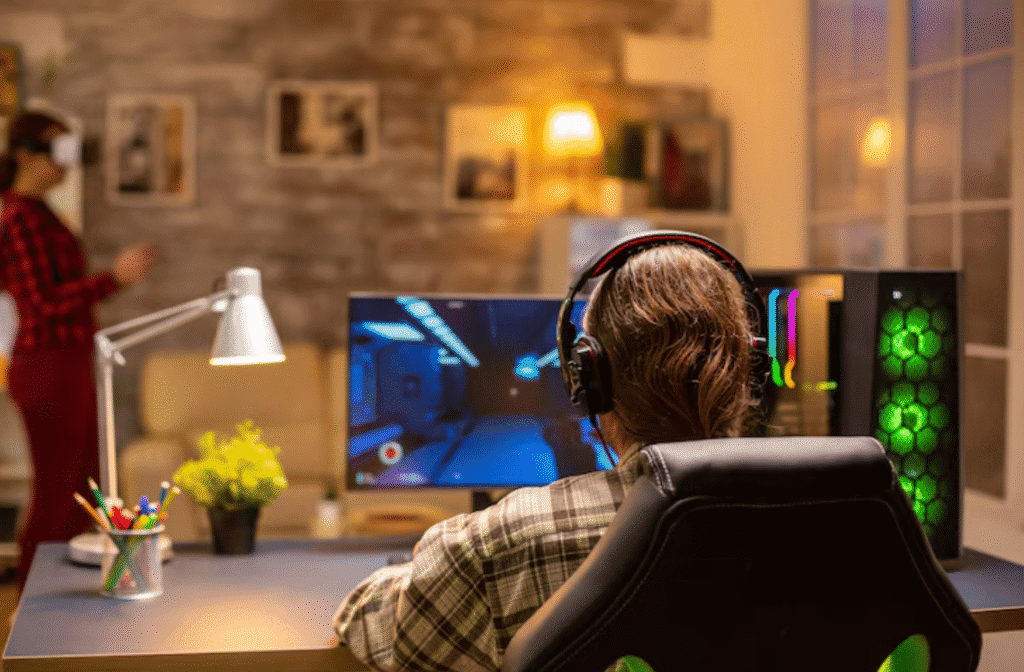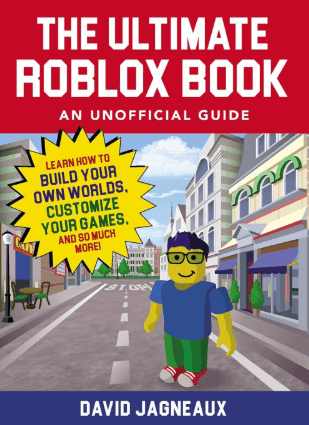Gaming often sparks debate—especially when it comes to mental health. Is it a harmless escape? A tool for connection? Or an unhealthy addiction?
As the industry grows, so does the research. And the truth is far more nuanced than headlines suggest. In this article, we explore how gaming affects mental health, both positively and negatively, with insights from science, psychology, and lived experience.
🎮 The Positive Impacts of Gaming on Mental Health
🧠 1. Stress Relief and Relaxation
For many, video games are a way to unwind after a long day. Immersive environments and rewarding gameplay loops help players shift focus, reduce cortisol levels, and enter a flow state similar to meditation.
Example: Cozy games like Stardew Valley and Animal Crossing offer peaceful routines and gentle goals.
🤝 2. Social Connection
Online games provide meaningful social interactions—especially during isolation (like during the COVID-19 pandemic). Multiplayer games help:
- Build friendships
- Foster teamwork
- Provide a sense of belonging
Example: Among Us, Fortnite, and Minecraft servers have become social hubs.
💬 3. Expression and Identity Exploration
Some games allow players to explore identity, gender, and self-expression in ways real life may not permit. This can be especially empowering for LGBTQ+ youth and neurodiverse individuals.
Example: Character customization in The Sims or Dreams supports creativity and representation.
🧩 4. Cognitive and Emotional Benefits
Puzzle games, strategy titles, and fast-paced shooters can:
- Improve reaction time
- Boost problem-solving
- Strengthen working memory
Games can also help players process emotions, especially narrative-driven indie titles that address grief, anxiety, or trauma.
Example: Celeste explores anxiety through platforming metaphor, while Hellblade: Senua’s Sacrifice dives into psychosis.
⚠️ The Risks and Challenges of Gaming on Mental Health
⏳ 1. Addiction and Overuse
Excessive gaming can lead to problems like:
- Sleep deprivation
- Neglect of responsibilities
- Social withdrawal
In 2019, the WHO classified “Gaming Disorder” as a mental health condition. However, it affects only a small percentage of players, usually linked to underlying issues like anxiety or depression.
🛑 2. Toxic Online Environments
Not all online spaces are welcoming. Harassment, cyberbullying, and toxicity—especially in competitive games—can negatively impact players’ self-esteem and emotional well-being.
Games like League of Legends and Call of Duty have faced criticism for toxic chat and lack of moderation.
🛌 3. Sedentary Lifestyle and Sleep Disruption
Long gaming sessions—especially before bed—can:
- Disrupt circadian rhythms
- Lead to poor posture and eye strain
- Reduce physical activity
Balance and scheduled breaks are key.
💰 4. Gambling-Like Features
Loot boxes and microtransactions can mimic gambling, especially among younger players. This can foster unhealthy spending habits and compulsive behavior.
Several countries have taken steps to regulate in-game purchases and increase transparency.
🧪 What Does the Science Say?
Research on gaming and mental health is ongoing and evolving. Some key findings:
- Moderate gaming (less than 2 hours/day) is generally neutral to positive.
- Purposeful play (e.g. for relaxation or connection) is more beneficial than escapist or compulsive play.
- Individual differences (personality, age, mental health status) matter more than gaming time alone.
- Games can serve as coping tools, but shouldn’t replace professional help when needed.
One Oxford University study (2020) found that playing games like Animal Crossing had a positive correlation with well-being—when players felt in control of their gaming habits.
✅ Healthy Gaming Tips
To support mental wellness while gaming, try:
- ⏰ Set time limits (especially before bed)
- 🧍♂️ Take physical breaks (every hour or two)
- 👥 Curate your online spaces (mute toxic players, join positive communities)
- 🌿 Balance gaming with other hobbies (movement, nature, creativity)
- 💬 Talk about how games make you feel (with friends, family, or therapists)
Gaming is not inherently harmful—but like anything, moderation and intention matter.
🧭 Conclusion: It’s Complicated—But Hopeful
Gaming isn’t a mental health villain—or a miracle cure. It’s a powerful tool that can either nurture or challenge our well-being depending on how, why, and with whom we play.
As stigma fades and research grows, we can better use games to connect, cope, and care—not escape or isolate. And that’s a game worth playing.




